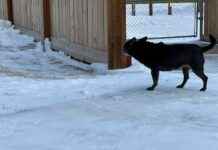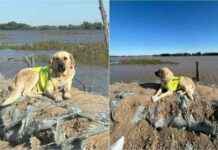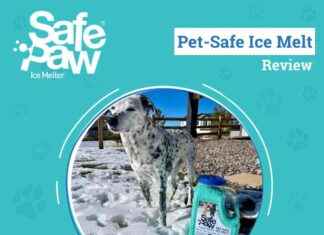Dogs and Bird Flu: What You Need to Know
The recent spread of avian influenza, commonly known as bird flu or H5N1, has sparked concerns about the potential risks to pets, including our beloved canine companions. While historically the disease has primarily affected bird populations, recent outbreaks have shown signs of evolving to transmit to mammals, such as cats and even cows, raising questions about the possibility of dogs contracting the virus. As pet owners, it’s essential to stay informed and understand the signs, causes, and treatments related to bird flu to ensure the safety of our furry friends.
Understanding Bird Flu: A Threat to Pets
Bird flu is a highly contagious form of the influenza virus that primarily affects avian populations, with various strains such as H5N1, H7N9, H5N6, and H5N8 causing outbreaks worldwide. The current outbreak of H5N1 has led to devastating consequences in poultry and wildlife populations, with cases of transmission to mammals, including cats, raising concerns about the virus’s potential to spread to other species. The ability of influenza viruses to mutate and adapt is a significant cause for alarm, as it poses a constant threat of new outbreaks and infections.
Signs of Bird Flu: What to Look Out For
The clinical signs of H5N1 infection vary between species, with birds showing the most severe symptoms and the highest fatality rates. In birds, sudden death, low energy, purple discoloration, and respiratory issues are common signs of infection. Cattle may exhibit reduced appetite, milk production, and abnormal milk appearances, while humans may experience flu-like symptoms such as fever, muscle aches, and respiratory issues. Cats infected with H5N1 often display fever, lethargy, and neurological symptoms, with a high risk of fatality.
Can Dogs Get Bird Flu?
While dogs have tested positive for H5N1 in areas affected by bird flu outbreaks, there have been no reported cases of dogs showing clinical signs of infection. However, dogs can carry and transmit the virus, posing a risk to other animals and humans. It is crucial to remain vigilant and prevent dogs from coming into contact with suspected cases of bird flu to minimize the spread of the virus. Despite the lack of clinical disease in dogs, the potential for mutation and virulence remains a concern for future outbreaks.
Diagnosis and Treatment of Bird Flu in Dogs
If you suspect that your dog has been exposed to bird flu, it is essential to contact your veterinarian immediately for guidance and testing. Diagnosis typically involves sampling of mouth swabs, urine, or blood to confirm the presence of the virus. While there is no specific treatment for H5N1, supportive care with fluids, anti-inflammatory medications, and anti-seizure drugs may be necessary based on the severity of symptoms. Early detection and intervention are crucial to prevent the spread of the virus and ensure the best possible outcome for affected pets.
Protecting Your Dog from Bird Flu
Although the risk of dogs contracting H5N1 is currently low, there are steps you can take to minimize potential exposure and keep your pets safe. Staying informed about bird flu outbreaks, avoiding raw meat, eggs, and unpasteurized milk, and reporting sick birds are essential precautions to protect your dog. Keeping cats indoors, maintaining good hygiene practices, and monitoring your pet’s health are simple yet effective ways to reduce the risks associated with bird flu transmission.
In Conclusion
While dogs can be infected with bird flu, the lack of reported clinical cases offers some reassurance to pet owners. However, the potential for the virus to mutate and spread remains a significant concern, emphasizing the importance of staying informed and proactive in protecting our furry companions. By following preventive measures, seeking veterinary assistance when needed, and practicing good hygiene, we can ensure the safety and well-being of our pets during this and future bird flu outbreaks. Stay vigilant, stay informed, and prioritize the health of your pets to mitigate the risks associated with avian influenza.






















